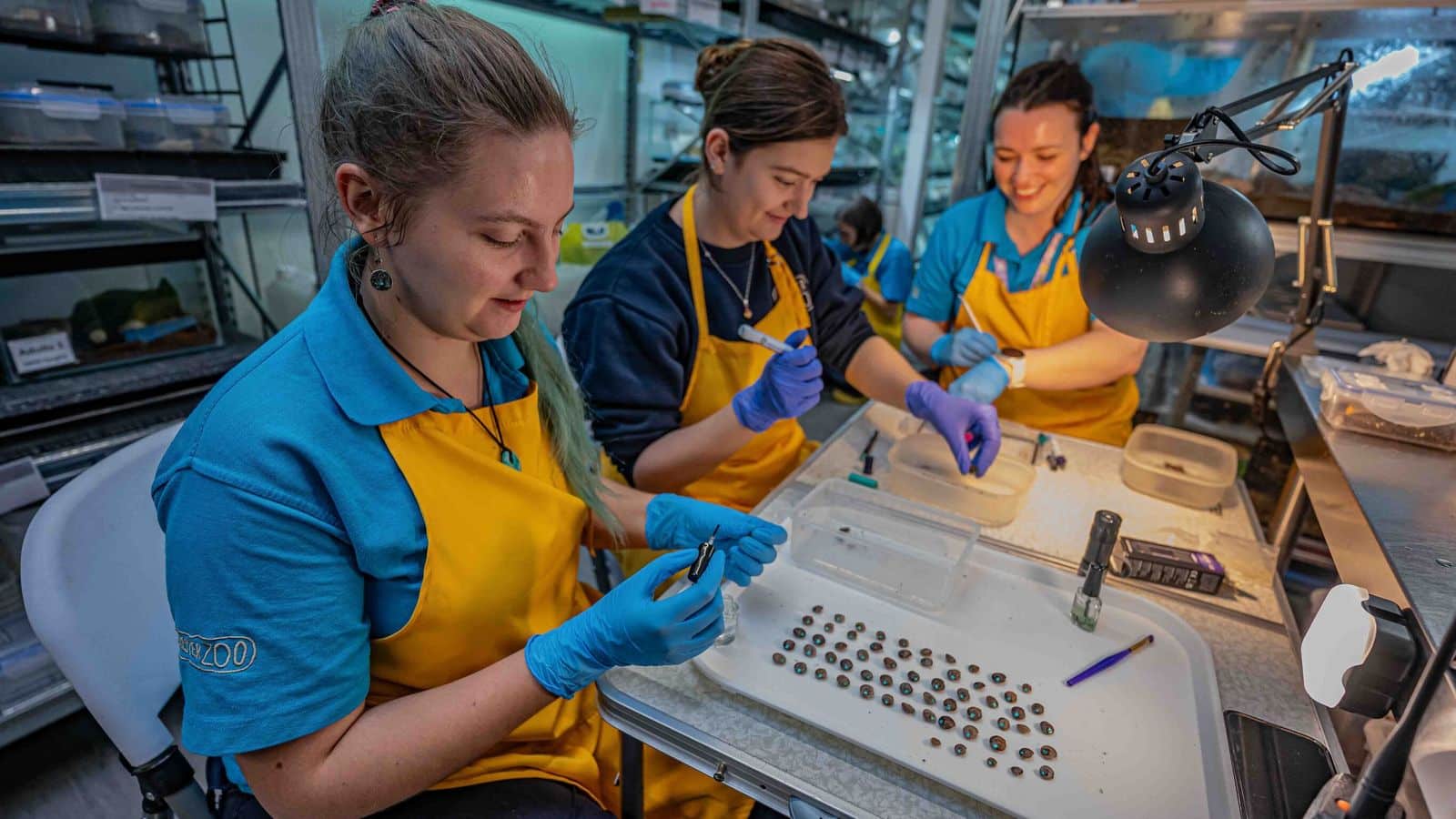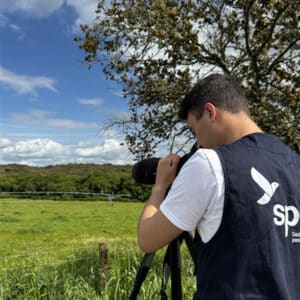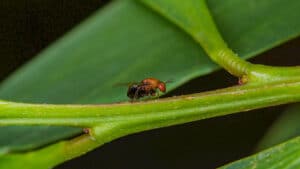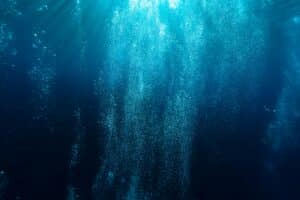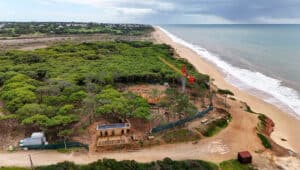“Hope has been reborn” – biologist
An international rescue mission set up to ‘save’ critically-endangered snail species from the Desertas Islands of the Madeiran archipelago has succeeded in ‘reintroducing’ more than 1,300 snails to their original habitat.
Put another way, the snails are new to the islands: they have been bred ‘in captivity’ over a period of three years after a ‘tiny population’ was discovered by conservationists on Deserta Grande – the largest of the island.
Up until the moment the ‘last remaining’ snails were found, conservationists believed their species had already succumbed to extinction: there had been no records of them for roughly 100 years.
As reports explained at the start of this mission, the snails were threatened by habitat erosion, predators (mainly mice) and drought.
Once the ‘tiny population’ was discovered, 60 of the pea-sized snails were sent to Chester Zoo in the north of England. Others were sent to Bristol Zoo, also in the UK, and Beauval Zoo in France.
“When the snails arrived in Chester, the very future of the species was in our hands. It was a huge responsibility”, Dr Gerardo Garcia, from Chester Zoo, recalls in a statement.
“We knew nothing about them. They had never been cared for by humans before and we had to start from scratch to try to understand what motivates them”.
Identification points have been painted (with infrared paint) on all the snails being reintroduced to Desertas’ Bugio island. This will allow them to be located and their growth and adaptation to the new environment monitored, Dinarte Teixeira, a biologist at ICNF Madeira has explained.
“We thought they had disappeared forever, but today hope has been reborn,” he said.
This heroic undertaking began in 2021 and has been supported by the International Union for the Conservation of Nature through the Mid-Atlantic Islands Invertebrate Specialist Group and Rewild.
As reports in the UK explained at the time, invertebrate staff at Chester and Bristol zoos are “world renowned for their technical knowledge and species-saving work”. They have created special breeding centres which closely replicate the perfect conditions for the snails to breed and thrive
Mark Bushell, Curator of Invertebrates at Bristol Zoological Society, explained: “These snails are a vital part of the natural ecosystem on the Desertas Islands and are found nowhere else on the planet, so to be able to play a part in securing the future of these species is a huge privilege.
“We will draw on the wealth of knowledge and experience that we have from decades spent breeding and caring for a range of other threatened snail species, and use this to ensure that these species are given the best possible chance for the future.
“Collaborative projects such as this are testament to the vital role that good zoos play in safeguarding at-risk species, working together to protect threatened species and habitats all over the world.”
Bristol was at the time caring for a critically endangered species of spider from the Desertas Islands – managing to breed more than 1,500 ‘Desertas wolf spiders’ from just 25 brought into captivity.
The Desertas Islands are now protected nature reserves under Portuguese and European law and have been recognised as biodiversity hotspots for rare invertebrates, birds and reptiles.
But back to the snails, Dr Garcia recognises that his team “have prevented two magnificent species from becoming extinct, which is an incredible achievement”.

